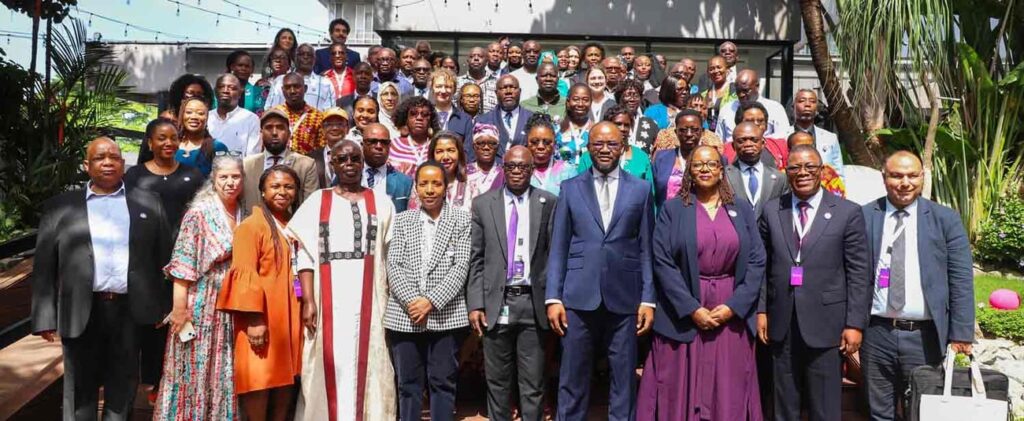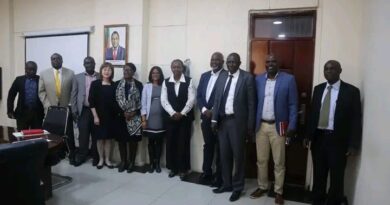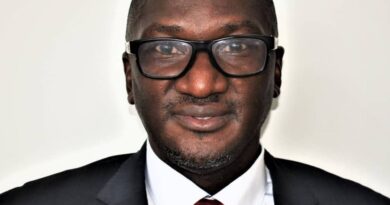African Leaders Call for Renewed Investment in Gender Data at Africa Gender Statistics Forum
African leaders, policymakers, and gender experts have called for renewed commitment and funding to strengthen national gender data systems, warning that existing financial gaps threaten progress on gender equality across the continent.
Speaking at the Seventh Africa Gender Statistics Forum (AGSF 2025) in Abidjan, over 150 delegates from 40 African countries highlighted the urgent need for inclusive, high-quality statistics to guide gender-sensitive policy decisions.
Held under the theme “Sound Statistics for ALL Women and Girls: Rights, Equality and Empowerment,” the high-level event brought together stakeholders from governments, civil society, international organizations, and development institutions.
Organized by Côte d’Ivoire’s National Statistics Agency in partnership with the African Union Commission, the African Development Bank, the UN Economic Commission for Africa, UN Women, and Open Data Watch, the forum emphasized building statistical capacity to drive women’s empowerment. Funding was supported by the Korea-Africa Economic Cooperation Trust Fund.
“These statistics are essential to understand the lived realities of girls and women and to design effective programs and policies that eliminate inequality,” said Thiekoro Doumbia, Director General of Côte d’Ivoire’s National Statistics Agency.
The forum featured technical panels addressing gender-based violence data, social protection, migration, and harmonized data standards. A key highlight was the launch of the Africa Gender Index 2023 Analytical Report, revealing that while progress has been made, African women still lag in economic, social, and political inclusion.
“In 15 African countries, only 52% of gender-related indicators are sex-disaggregated. This gap undermines efforts in health, participation, and violence prevention,” said Nathalie Gahunga, Manager at the African Development Bank’s Gender and Women Empowerment Division.
According to UN Women and PARIS21, Africa has achieved just over 50% of its gender data potential. Experts stressed the need for stronger collaboration between data producers and users to ensure evidence-based policymaking.
“An Africa that is people-driven needs sound data that reflects the realities of women and girls,” said Aberash Tariku Abaye, Statistics Expert at the African Union Institute for Statistics.
The forum concludes with actionable recommendations to improve data coordination and build resilient systems that support inclusive and equitable development across the continent.



